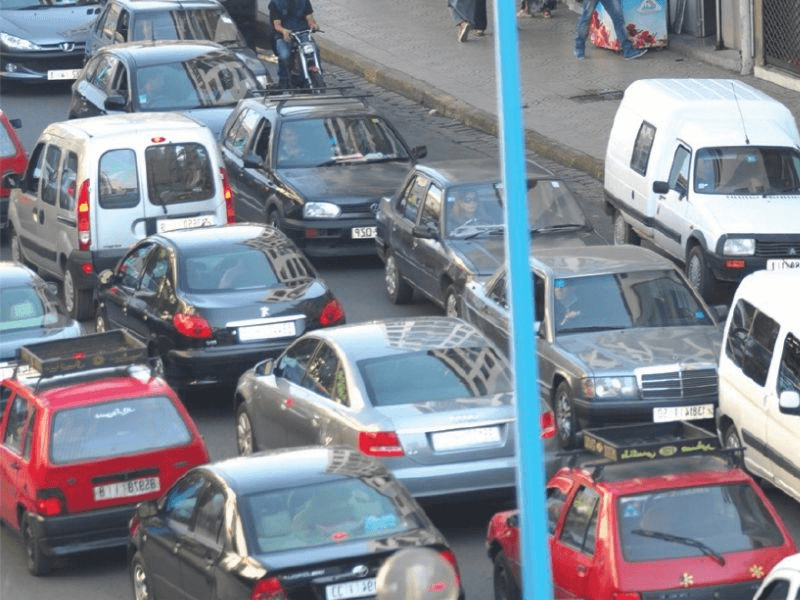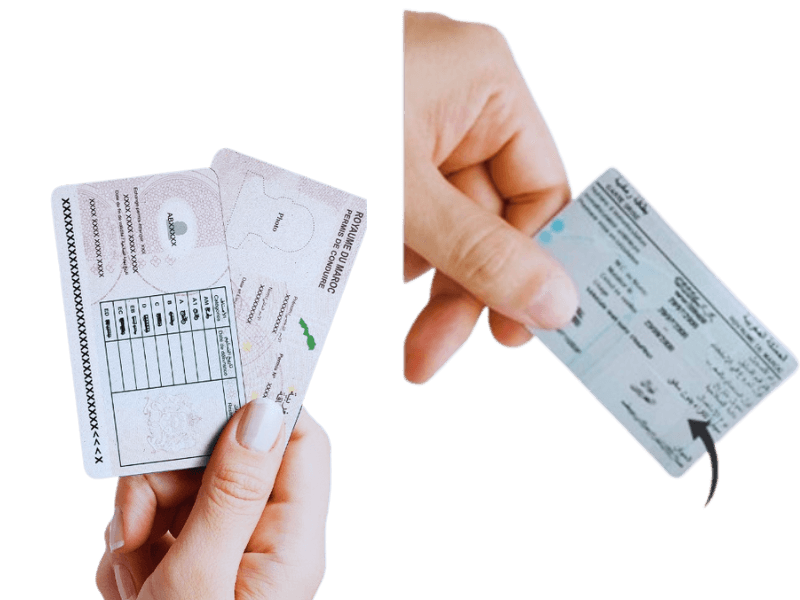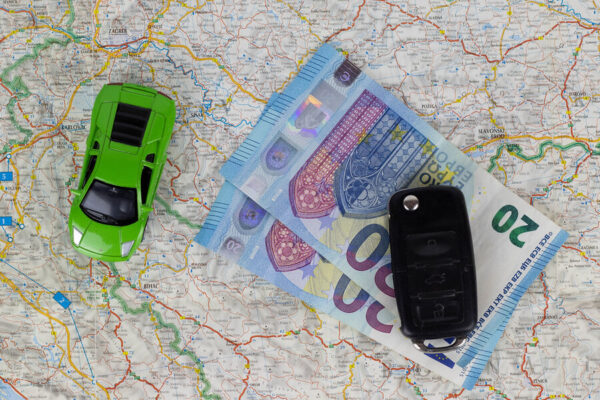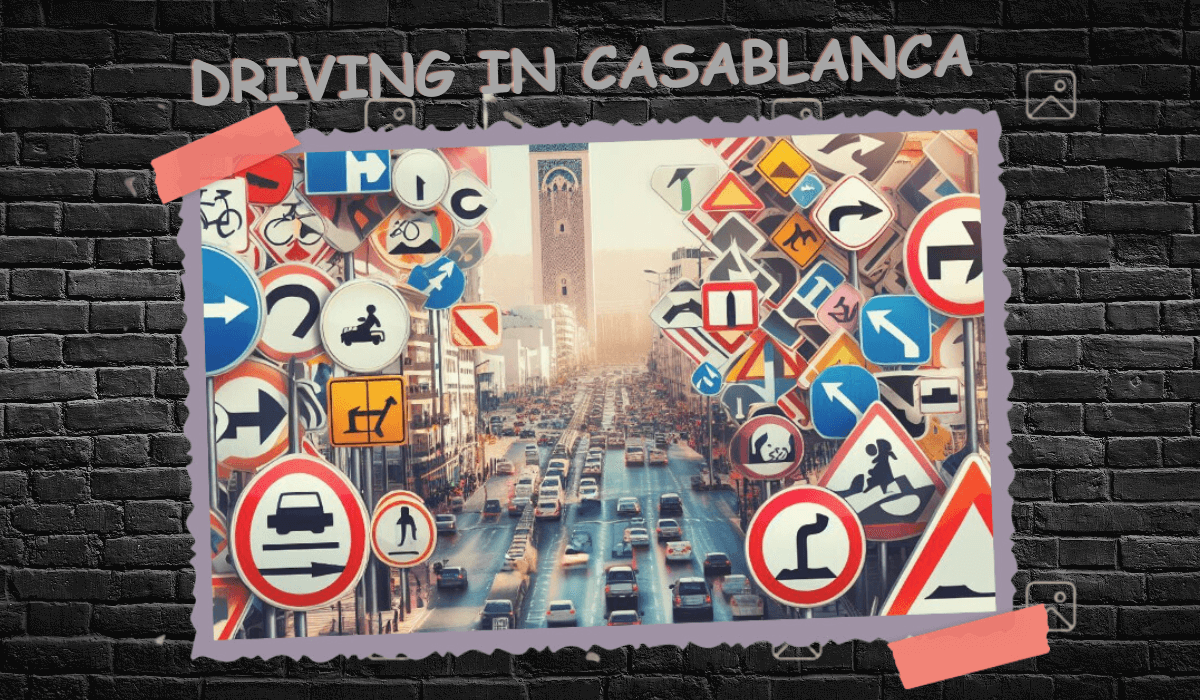
Mastering Driving in Casablanca: A Journey Through Rules, Practices, and Road Strategies
Driving in Casablanca can be an exhilarating yet stressful experience, especially if you’re not familiar with the city’s driving rules and practices. Ensuring a safe and stress-free drive entails a thorough understanding of specific traffic regulations in Casablanca. This article aims to guide you through the various road rules and practices, providing detailed information to help you master the driving conditions in Casablanca.
Key Takeaways
-
Understanding Road Hierarchy: Grasp the distinctions between highways, main roads, and local streets for adapted driving behavior and speed compliance.
-
Interpreting Traffic Signs: Learn the meanings of common road signs like “Stop” and “Give Way” for safe navigation in Casablanca’s bustling traffic.
-
Speed Limits and Etiquette: Adhere to varying speed limits and prioritize yielding at intersections and roundabouts to ensure safe driving.
-
Navigating Traffic Wisely: Plan routes to avoid congestion during peak hours and explore parking options for a hassle-free experience.
-
Local Driving Customs: Familiarize yourself with local driving habits, including aggressive traffic and frequent lane changes, for a smoother drive.
-
Essential Documents and Safety: Carry mandatory documents, comply with vehicle safety standards, and adopt courteous driving behaviors for a harmonious experience.
-
Practical Driving Tips: Utilize seat belts, be cautious with taxis, ensure car lights are on after dusk, and remain patient to avoid traffic jams.
-
Safety Measures: Lock doors, keep valuables out of sight, and avoid opening windows to strangers for enhanced security.
Deciphering Road Signs and Driving Rules in Casablanca
Understanding Road Hierarchy and Signage
In Casablanca, roads are categorized into different types: highways, main roads, and local streets. Highways are the fastest lanes and typically reserved for high-speed vehicles. Main roads connect different parts of the city, while local streets cover residential areas and smaller roads. Understanding these road categories is crucial as they impact speed limits and priority rules.
-
Types of Roads in Casablanca: Delve into the diversity of Casablanca’s roads, ranging from dynamic highways to tranquil local alleys, grasping the specific impact of each category on driving rules. Distinguishing highways, main arteries, and residential lanes provides a deep understanding of speed limits, priority rules, and appropriate behaviors for each road type. This nuanced knowledge prepares you for adapted and safer driving in Casablanca’s road landscape, ensuring a smoother driving experience in line with local standards.
-
Highways vs Main Roads: Understanding the crucial differences between highways, main roads, and local routes is essential for effective and rule-compliant driving. Highways, designed for high speeds, provide fast lanes connecting different city regions. Conversely, main roads link neighborhoods with lower speed limits compared to highways. Local streets traverse residential zones with often reduced speed limits and distinct priority rules. Grasping these distinctions enables drivers to precisely adapt to the specific requirements of each road type, ensuring safe and compliant driving.
Regarding traffic conditions, Casablanca employs numerous commonly used road signs. For instance, the “Stop” sign indicates a complete halt before proceeding, while the “Yield” sign means giving way to vehicles from the right. Understanding these signs is crucial for safe driving complying with Moroccan traffic regulations.
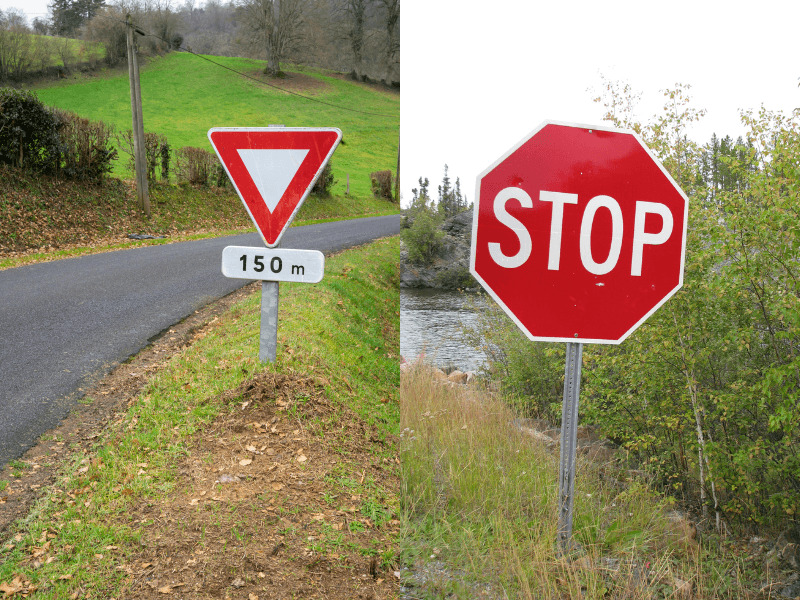
-
Interpreting Road Signs: In Casablanca’s bustling road network, understanding road signs is crucial for smooth and safe driving. Among these signs, the “Stop” sign mandates a complete stop before continuing, while the “Yield” sign requires giving way to vehicles coming from the right. Precise knowledge of these road signals is essential to avoid accidents and navigate confidently amidst Casablanca’s relentless traffic flow.
Speed Limits and Traffic Signals
Casablanca has different speed limits depending on the road type. For instance, highways typically allow a maximum speed of 120 km/h, while main roads have a speed limit of 60 km/h. Adhering to these limits is crucial as violating them can result in fines and serious consequences.
- Table 1: Speed Limits in Casablanca
| Road Type | Maximum Speed Allowed |
|---|---|
| Highways | 120 km/h |
| Main Roads | 60 km/h |
| Local Streets | 40 km/h |
Apart from speed limits, understanding commonly encountered traffic signals is vital. For instance, the traffic light system, where green means go, yellow signals the end of safe passage, and red indicates a full stop. Knowing and adhering to these signals is crucial to prevent accidents.
Right of Way and Overtaking Etiquette
Giving right of way at intersections and roundabouts is a crucial rule in Casablanca. At unmarked intersections, the general rule is to yield to vehicles coming from the right. At roundabouts, it’s important to prioritize vehicles already inside the roundabout.
Concerning overtaking etiquette, it’s recommended to overtake from the left and maintain sufficient space between your vehicle and the one being overtaken. Courtesy on the road and respect for other drivers is equally important.
Navigating Casablanca’s Traffic
Anticipating Congestion and Rush Hours
Casablanca is a vibrant city with intense traffic, especially during rush hours. To avoid traffic jams, planning your routes to steer clear of heavily congested roads during peak hours is advisable. Utilizing navigation apps to find less crowded alternatives is a wise tactic.
-
Strategies against Traffic Jams: Employing preventive strategies to avoid congestion in Casablanca is wise. Using navigation apps to find less congested routes proves to be effective. By smartly planning your routes and avoiding heavily trafficked roads during peak hours, you can bypass congested areas, ensuring smoother and faster travel.
-
Predicting Rush Hours: Anticipating rush hours in Casablanca is essential for smooth driving. Avoiding peak traffic times optimizes your journeys. Plan your trips considering typical rush hours, often in early mornings and late afternoons. Utilize navigation apps for alternative routes or discover less congested areas. Additionally, prefer secondary routes or consider off-peak travel for a more serene driving experience.

Description: A photo showing heavy traffic during rush hours on Avenue Mohammed V, Casablanca.
It’s also essential to stay updated on roadworks and traffic incidents that could affect your journey. Following local traffic news allows you to plan your trip while avoiding congested zones.
Mastering Parking Techniques and Avoiding Violations
In the dense urban areas of Casablanca, finding suitable parking can be challenging, even for a compact car. Opting for regulated or secure public parking can prevent violations while ensuring your vehicle’s safety. Parking tips, such as parking near light sources to deter incidents and locking the car to prevent malicious acts, not only preserve your vehicle but also provide peace of mind while exploring the city.
-
Parking Tips:
-
Park in a Well-Lit Area: Ensure parking near a light source, be it a lamppost or storefront. Studies show that cars parked in well-lit areas are less likely to be targeted.
-
Keep Valuables Out of Sight: Ensure all valuables are out of sight inside the car. Avoid leaving shopping bags on the back seat or your purse on the dashboard. Thieves look for easy targets, so don’t become one.
-
Lock Your Rental Car’s Doors and Windows: It might seem obvious, but many people often forget this obvious safety feature. Take a moment before heading to your hotel room to check your rental car in Casablanca. A few extra seconds to walk around your car can save you a lot of trouble in the future.
-
To avoid fines, it’s recommended to park your vehicle in authorized zones, avoiding sidewalks and reserved areas. Additionally, be mindful of regulated parking hours, which can vary across neighborhoods.
Getting Acquainted with Local Driving Habits
For a stress-free driving experience in Casablanca, understanding local driving habits is crucial. Drivers in Casablanca often have a more assertive approach to driving, so be prepared for heavy traffic and frequent lane changes.
Understanding local customs and typical driver behaviors is helpful. For instance, honking is common to signal presence or express discontent. By understanding these local driving habits, you’ll be better equipped to navigate Casablanca’s road landscape.
Driving Tips for a Smooth Experience in Casablanca
Essential Documents and Vehicle Requirements
Before hitting the road in Casablanca, ensure you have essential documents. This includes a valid driver’s license, vehicle insurance documents, and registration papers. Opting for a vehicle rental with Rifai Auto ensures legal driving with all necessary documents ready. It’s also important to adhere to specific vehicle requirements, such as using seat belts and child restraint systems.
-
Checking Mandatory Documents: An integral part of driving in Casablanca is having mandatory documents. Regularly checking these documents is crucial to comply with driving legalities. Your valid driver’s license, vehicle insurance, and registration papers are imperative. These documents aren’t just legally required but ensure driving compliance with the road code. Ensuring these documents are up-to-date and accessible at all times allows peaceful navigation through Casablanca’s busy streets, avoiding inconveniences during potential road checks.

Description: A photo showing the essential documents for driving in Morocco, such as driving license, insurance and vehicle registration papers.
Adapting to Local Driving Culture
For a harmonious driving experience in Casablanca, adapting to local driving culture is essential. This means adopting a respectful attitude towards other drivers and pedestrians. Practice road courtesy by yielding when necessary and avoiding aggressive behaviors.
Seeking Help When Needed
If you require assistance while driving in Casablanca, it’s important to know available resources. In case of car breakdowns or incidents, you can contact local roadside assistance services. Knowing the locations of nearby police stations and hospitals is useful for emergency aid.
Practical Tips to Remember Before Driving in Casablanca
-
Buckle Up: Seat belts are placed in cars for safety reasons, so why not use them? Buckle up and ensure all passengers are securely fastened. In the unlikely event of an accident, you’ll be glad you did.
-
Beware of Taxis: Casablanca is teeming with those red and white beetles. Even if they have to obey the same laws as you and me, they don’t always act accordingly. Always give way and let them go ahead. Don’t schedule tightly and allow margin for delays, especially if driving a luxury car that may attract attention.
-
Turn On Your Car’s Headlights: Ensure you turn on your rental car’s headlights in Casablanca after dusk. This enhances your visibility and that of others on the road. Plus, it’s the law.
-
Don’t Block Traffic Flow: Traffic congestion is a common issue when driving in Casablanca. When approaching an intersection, don’t proceed through the light unless you’re certain you can clear it entirely. If there’s a queue at the intersection, remain calm, do not rush, stop behind road markings, and wait for the next light. Many accidents can be avoided by simply being patient.
-
Don’t Open Car Windows to Strangers: Casablanca, like any major city, has its windshield washers and other entrepreneurs, not to mention beggars and vagabonds. While it’s hard to say no to these individuals, it’s simply safer to keep doors locked and the car window slightly open. Not everyone approaching your car has good intentions.
Conclusion
Mastering the rules, practices, and road strategies in Casablanca allows for a safe and stress-free driving experience in this bustling city. By understanding road hierarchy, signage, local driving habits, and practical tips, you’ll be better equipped to navigate Casablanca’s road landscape. Always remember to respect local driving rules and adopt a courteous attitude towards fellow road users to ensure your safety and that of others.
Frequently Asked Questions
-
What’s the priority at intersections in Casablanca?
Answer: In Casablanca, priority is often given to vehicles coming from the right at unmarked intersections and to vehicles already in roundabouts. -
What’s the traffic like in Casablanca?
Answer: Casablanca experiences heavy traffic, especially during peak hours, with frequent jams on main roads and highways. -
When are the peak hours in Casablanca?
Answer: Peak hours in Casablanca are typically in the morning from 7 AM to 9 AM and in the late afternoon from 5 PM to 7 PM. -
Where can I find parking in Casablanca?
Answer: Secure public parking is available in Casablanca’s urban and commercial areas, including underground parking and lots near attractions. -
How can I avoid fines in Casablanca?
Answer: To avoid fines in Casablanca, it’s advisable to abide by speed limits, parking rules, and possess necessary driving and identification documents. -
How can I drive safely in Casablanca?
Answer: For safe driving in Casablanca, obey priority rules, speed limits, adapt to local traffic, and be aware of aggressive driving habits. -
How can I adapt to the local driving culture in Casablanca?
Answer: To adapt to Casablanca’s driving culture, maintain a respectful attitude toward other drivers, be prepared for heavy traffic, and familiarize yourself with local habits like honking. -
Where can I seek help if needed in Casablanca?
Answer: In Casablanca, you can contact local roadside assistance services, locate nearby police stations, or hospitals in case of emergency.

 USD
USD  EN
EN  Login
Login